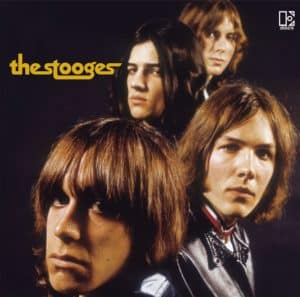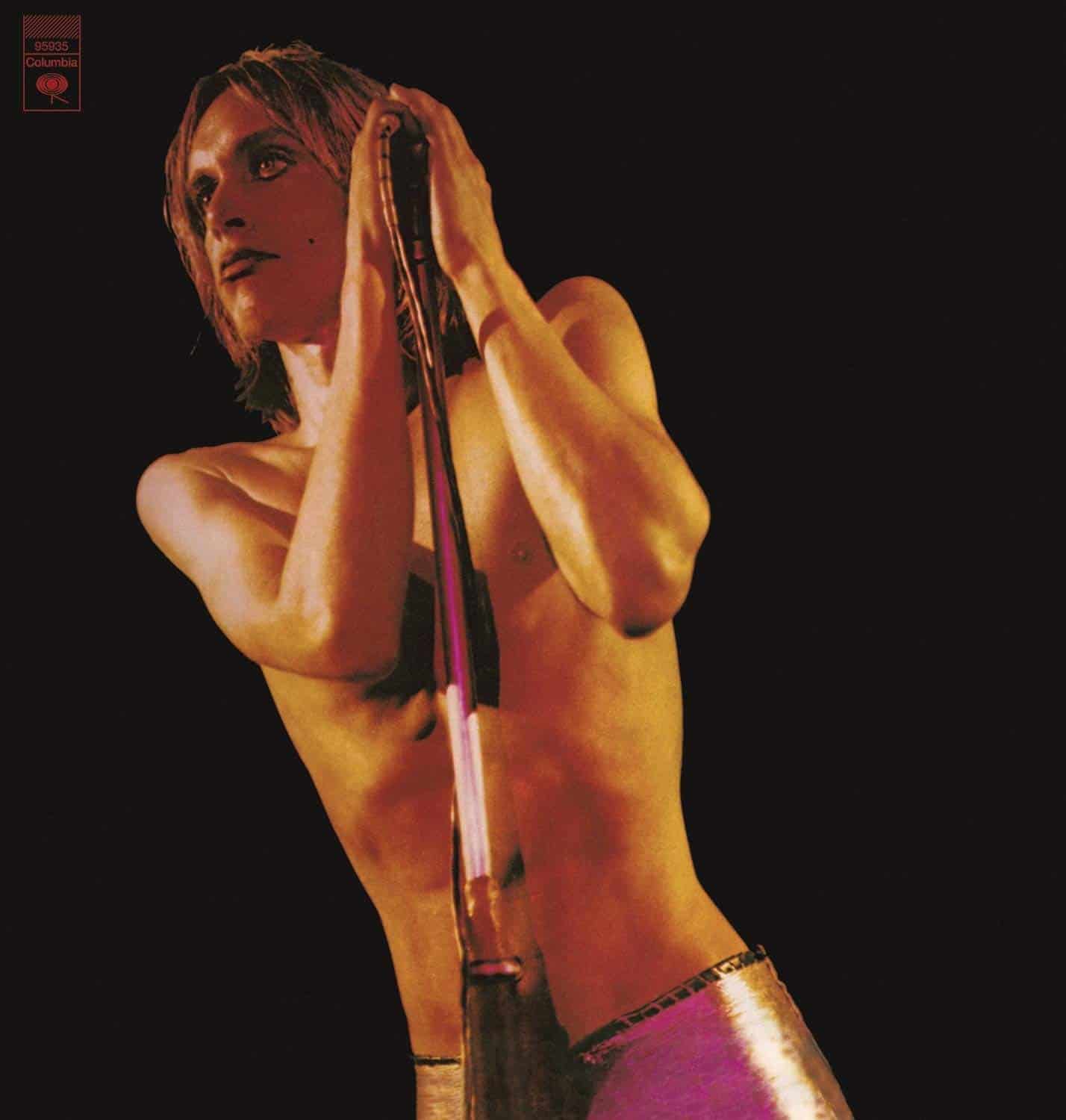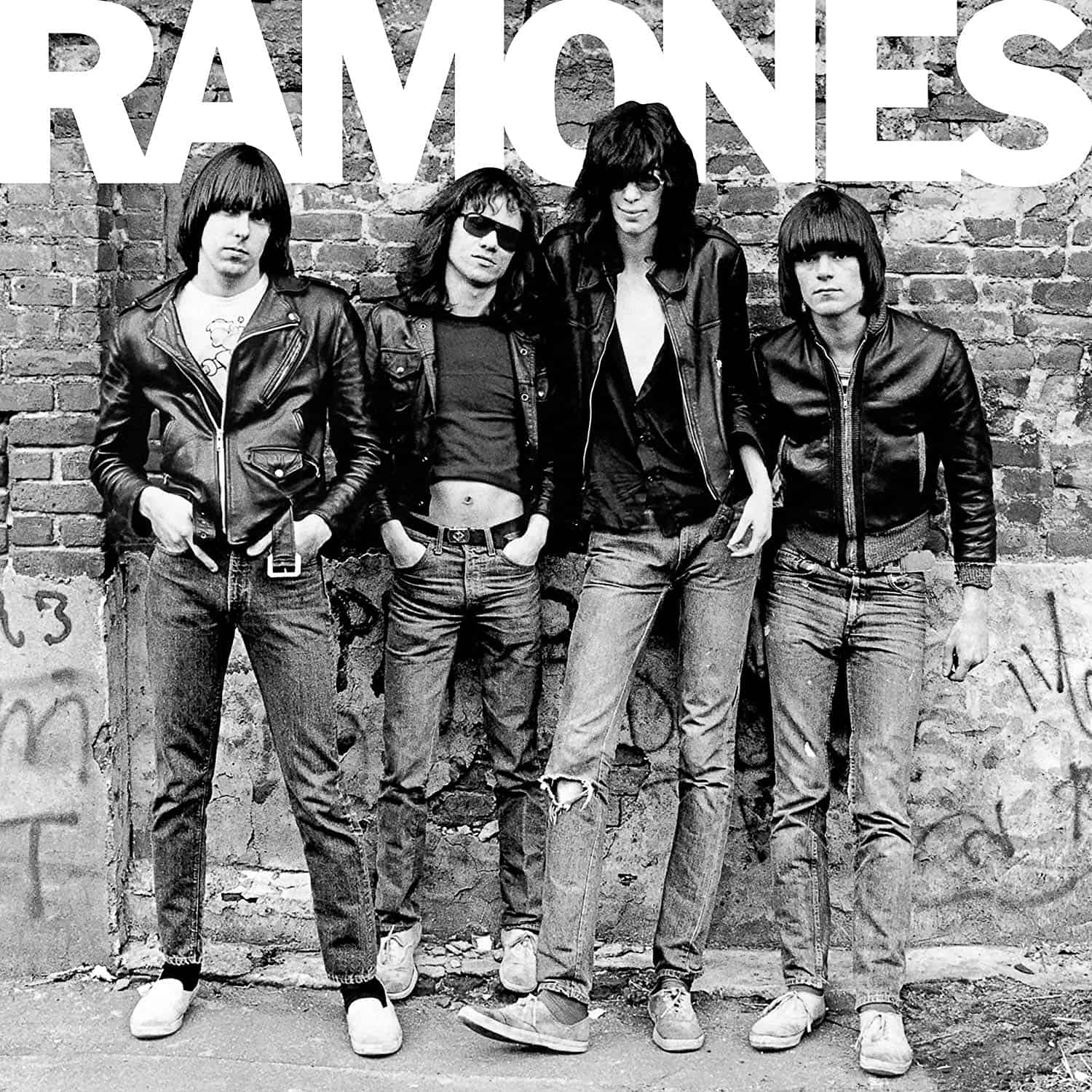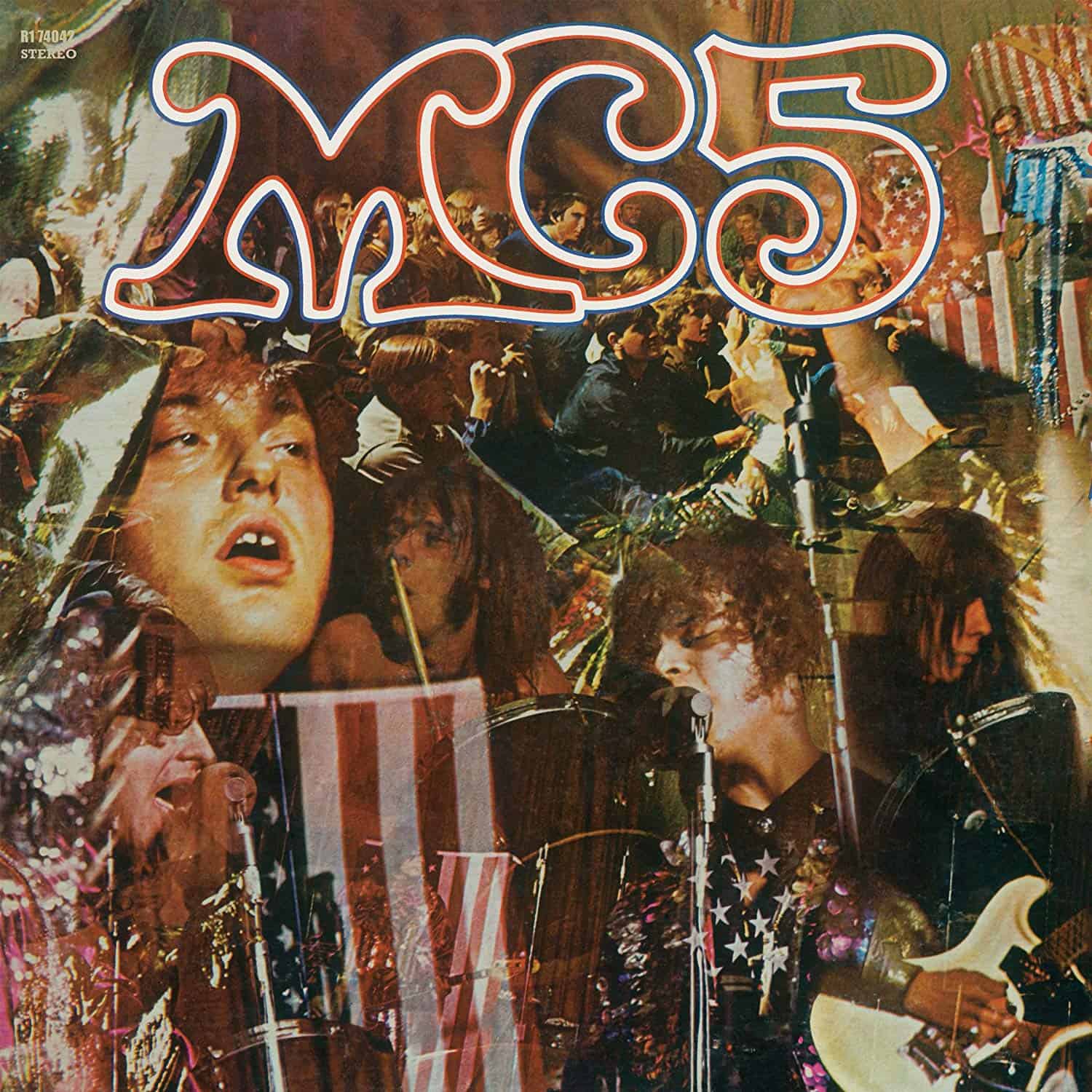Marketplace
2010 Rhino Records PRESSING
- RPM 33 ⅓
- Audio Stereo
- Catalog Number EKS-74051
- Release Year 2010
- Vinyl Mastering Engineer Ron McMaster
- Pressing Weight 180g
- Jacket Style Single
- 100% Analog Mastering Yes
- Original Release Year 1969
- Original Label Elektra
- Original Catalog Number EKS-74051
One of the great mysteries of the classic-rock era is why The Stooges did not sell LPs by the bucket load. Signed to Elektra Records, which had successfully marketed millions of copies of Doors records, the cover art of The Stooges even emulates that of the Doors’ debut—as well as that of the Rolling Stones’ Out of Our Heads. The similarity proved far more than imitation, although lead singer Iggy Pop was inspired by both Jim Morrison and Mick Jagger.
Of all the white bands to emerge from Michigan, the Stooges were the most audacious and quite possibly the group most likely to achieve mass success. In the end, several factors worked against them. Their raw stage presence overwhelmed the majority of rock fans as the 1960s turned into the 70s. I wasn’t any more ready to see Iggy Pop cut himself with glass in a public performance than I was ready, a few years later, to watch Charlotte Rampling make love to a sadomasochistic Nazi in The Night Porter. Both events seared lasting images in my memory, and I’m sure Pop’s antics turned away record buyers more squeamish than I. More than 40 years later, The Night Porter strikes me as contrived and claiming lightweight artistic value. The Stooges, on the other hand, retains its brilliance.
Opening with “1969,” the band starts out with a Bo Diddley riff, then segues into an early Rolling Stones vibe and finally layers in some Jimi Hendrix guitar fuzz distortion on top. The song is followed by one of the Stooges’ standout moments—“I Wanna Be Your Dog,” a hard-edged three-chord riff of distortion that helped birth the punk sound of the 1970s. Contemporary reception of the album remained cool at best and often turned aggressively negative. In retrospect, the set is recognized as one of the great guitar-driven albums of the period—and a proto-punk classic.
The sound of the LP is everything I wish modern rock records would be. Its loud, grungy feel would now likely have the life equalized out of it. Thankfully, the group was ahead of its time in almost every way—even extending to its avoidance of destructive editing techniques. Yes, the album is loud, but it retains an alluring dynamic snap. Nothing gets lost in the mix, and each instrument and voice maintains body and texture. The Stooges is not “audiophile” quality by any means, but such an approach wouldn’t have been appropriate.
The original LP was cut at Sterling Sound by Lee Hulko. Rhino’s 2010 reissue, cut by Ron McMaster at Capitol Records, is analog all the way and sounds like it (Rhino released the same LP again in 2016 with a slightly different catalog number). The Record Store Day two-disc “Detroit Edition” version is also cut at Capitol, this time by Ian Sefchick, and includes a second disc with alternative takes, extended jams, and unused mixes. Relatively subtle sonic differences exist among the pressings, but the good news is that the reissues sound as sharp as the original. No grand improvements are made, but nothing gets messed up, either. The Rhino 2010/2016 reissue remains the only version in print, and at its low price makes for an easy recommendation.
The Stooges


 4
4




